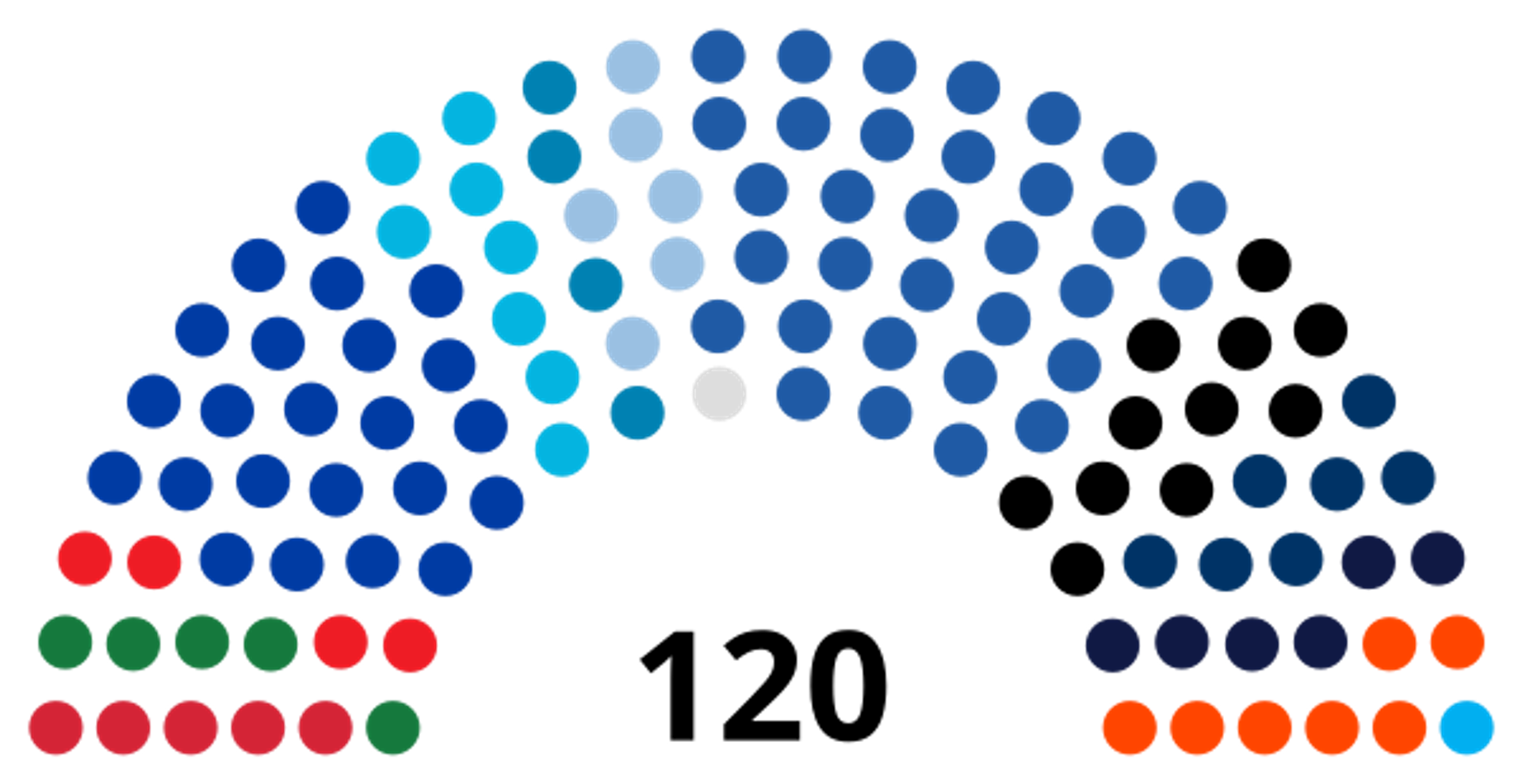
National Assembly
What do people say about National Assembly?
The National Assembly, as the lower house of the French Parliament, suffers from a perception of being ineffective and out of touch with citizens' concerns. This perception is characterized by widespread criticism regarding its legislative output and responsiveness to current issues. Many view the Assembly as a bureaucratic entity that fails to engage with the populace, leading to an erosion of public trust. Furthermore, its role in political decision-making is often overshadowed by the more prominent figures in the French political landscape, resulting in a diminished sense of legitimacy and influence.
Where are the conversations happening?
The analysis indicates that the National Assembly is viewed critically across various media sources, with many commentators emphasizing its ineffectiveness and disconnect from the public. Critical discussions often arise in news outlets and opinion pieces, where the Assembly is portrayed as a bureaucratic entity lacking in responsiveness and innovation. Sources like The Guardian and BBC News highlight specific instances where the Assembly has failed to act decisively, reinforcing its negative perception among the populace.
What are the topics trending around National Assembly?
Topics related to governmental effectiveness, public trust in political institutions, and citizen engagement are emerging, reflecting widespread dissatisfaction with the National Assembly's role.
Why are these topics trending?
These topics are trending due to ongoing discussions about the need for political reform and greater accountability in government, which are directly relevant to the National Assembly's perceived shortcomings.
How is National Assembly being talked about?
Detailed breakdown of public sentiment and conversations about this entity.
Impact vs Sentiment
See how each entity's high impact percentage relates to their positive sentiment percentage from actual mentions.





